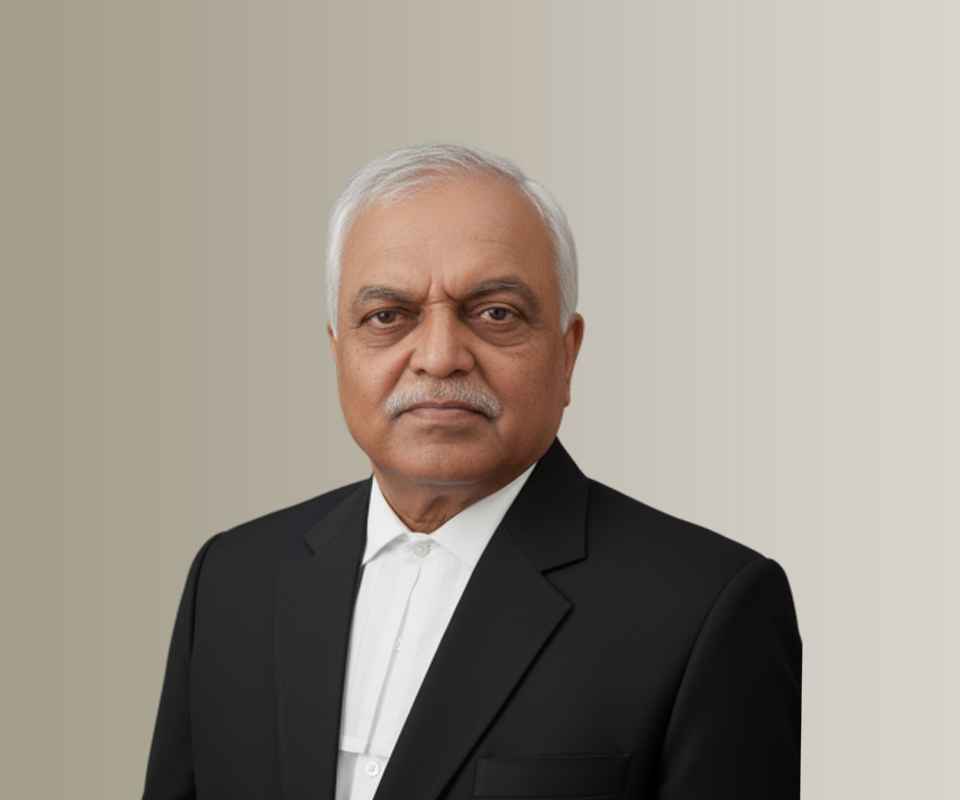Answer By law4u team
Extradition involves the transfer of an accused or convicted person from one country to another to face legal action. When the individual sought is already undergoing trial abroad, the situation involves complex legal and diplomatic considerations. The interaction between concurrent jurisdiction, principles like double jeopardy (protection against being tried twice for the same offense), and the rule of specialty governs whether extradition can proceed under these circumstances.
1. Principle of Concurrent Jurisdiction
Different countries may have jurisdiction over the same person or offense simultaneously. The requesting state (India) and the requested state both have a legal interest.
Courts and governments must decide which jurisdiction will proceed first or whether to cooperate in trying the accused.
2. Double Jeopardy and Protection Against Multiple Trials
Many countries recognize the principle of double jeopardy, preventing an individual from being tried multiple times for the same offense.
Extradition treaties and national laws often include provisions to prevent extradition if the person is already being tried or has been convicted for the same offense in the requested country.
3. Rule of Specialty
This international law principle restricts the requesting state from prosecuting the extradited person for offenses other than those specified in the extradition request.
If the individual is already on trial abroad, the principle also influences how and when extradition can take place to avoid conflicts or duplications.
4. Extradition Treaties and Legal Provisions
Most extradition treaties include clauses addressing ongoing trials, allowing the requested country discretion to deny or defer extradition.
The treaties empower courts or authorities to consider the stage and nature of foreign proceedings before surrendering the person.
5. Judicial and Administrative Approach in India
Indian courts scrutinize extradition requests carefully when the person is undergoing trial elsewhere, ensuring the request complies with treaty terms and principles of justice.
The government may refuse or delay extradition until the foreign trial concludes, or negotiate terms for cooperation.
6. Practical Considerations and Diplomatic Factors
Diplomatic dialogue often plays a critical role in resolving cases involving extradition requests during ongoing foreign trials.
States may agree to coordinate investigations, evidence sharing, or trial scheduling to ensure justice without duplication.
Example:
An individual accused of financial fraud is on trial in the UK. India submits an extradition request to bring the person back to face related charges. UK courts review the request and consider the ongoing trial. They may refuse extradition until the trial concludes or grant extradition with conditions to avoid double jeopardy. Indian authorities may wait for the UK trial to finish or negotiate a mutual agreement.







